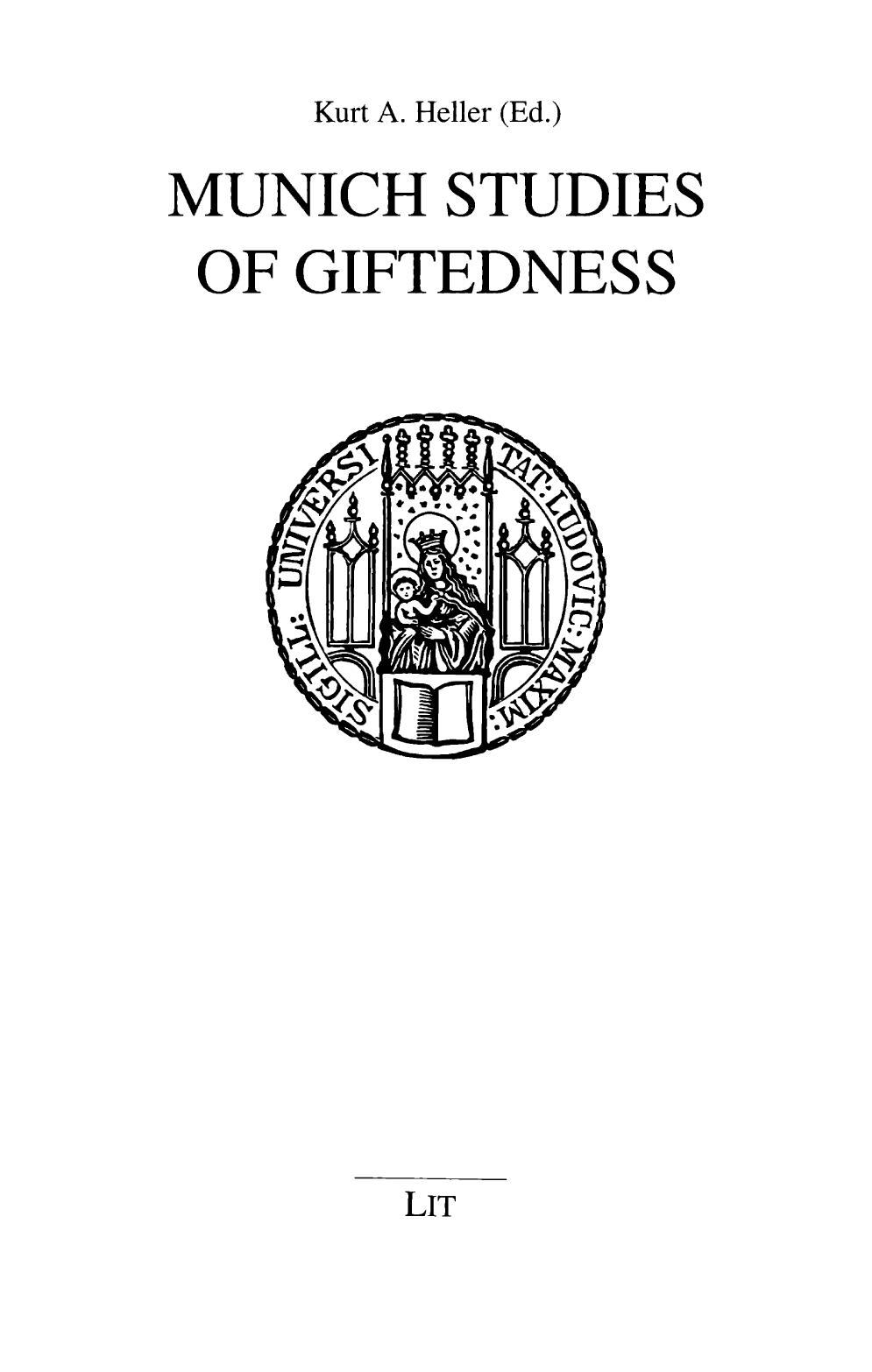Product desciption
Munich Studies Of Giftedness Kurt A Heller by Kurt A. Heller 9783643107282, 3643107285 instant download after payment.
Giftedness research reflects the efforts of extraordinary people. Its origins are tied to the names of three eminent scholars. In an effort to gauge natural intellectual abilities, Francis Galton developed measurement criteria and collected measurements on over 7,500 adults in England between 1888 and 1894. Galton, who assumed that children could inherit the potential of their parents, referred to these children as gifted children. Some years later, William Stern established giftedness research in Germany. A true scientific pioneer, Stern invented the concept of the IQ (intelligence quotient) in the early twentieth century. In the United States, Lewis Terman expanded Stern's view of gifted children using his own adaptation of intelligence testing. In 1921 he started a longitudinal study of 1,500 children in California with extremely high IQs and continued to evaluate them throughout their lives. One of his main findings was that IQ alone could not predict success in adulthood.
While in Great Britain and in the United States giftedness research continued to flourish, the Second World War put a stop to it in Germany. After the founding of the Federal Republic of Germany the German public was suspicious of concepts such as natural gifts or elitism. Indeed, giftedness research was not pursued for several decades.
The rehabilitation of the concept of giftedness in Germany has had several fathers, among them Kurt A. Heller, Franz J. Ménks, Klaus K. Urban, and Wilhelm Wieczerkowski. Yet even in the 1980s researchers in this field were met with harsh rebuke. In the issue of the weekly newspaper ZEIT of August 12, 1985, one reads how the Senator for Education in Hamburg, in his opening speech at the sixth WCGT-conference on giftedness, questioned the very necessity of gifted education by maintaining that regular schooling should be adequate for addressing the needs of the more able. To the dismay of the assembled giftedness researchers, he made a comparison between gifted education and the promotion of the elite in the Third Reich: "We are all aware how this worship of the golden calf ended." Nowadays the situation has changed. The concepts of giftedness and giftedness research are now fully appreciated, and while the field's rebirth has had several fathers in Germany, the rebirth of giftedness research, in particular, at the international level is most closely associated with Kurt Heller. His seminal influence has many reasons.


